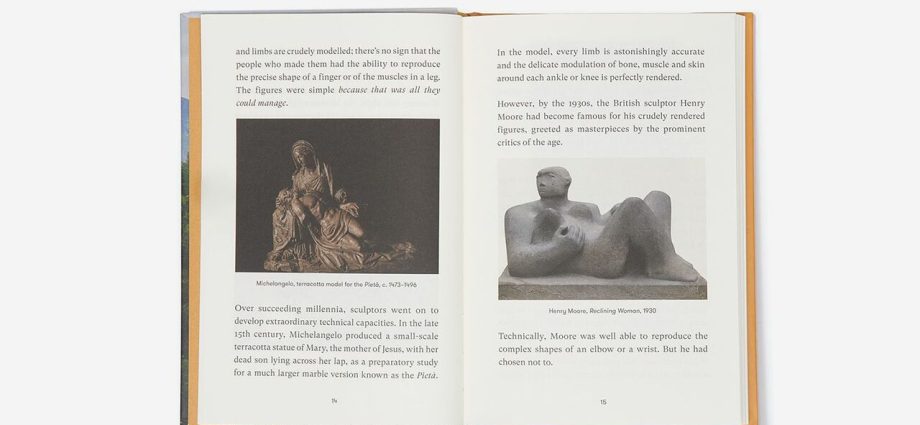Love is a romantic feeling that is beyond the control of reason. This attitude is widespread in our culture, but arranged marriages have occurred throughout time, and some have been very successful. The American historian Lawrence Samuel offers a closer look at both points of view on this eternal question.
For many centuries, one of the greatest mysteries of mankind has been love. The appearance of this feeling was called a divine gift or a curse, and countless books, poems and philosophical treatises were devoted to it. However, according to historian Lawrence Samuel, by the beginning of this millennium, science has provided a lot of evidence that love is essentially a biological function, and a storm of emotions in the human brain is caused by the powerful chemical cocktail that accompanies it.
Fall in love of your own accord
In 2002, American psychologist Robert Epstein published an article that created a lot of hype. He announced that he was looking for a woman with whom he could fall in love with each other within a certain period of time. The purpose of this experiment was to answer the question of whether two people can deliberately learn to love each other. This is not a publicity stunt, Epstein explained, but a serious challenge to the myth that everyone is destined to fall in love with only one person, with whom they will spend their whole lives in marital bliss.
Instead of trusting fate, Epstein took a scientific approach to finding love and became an experimental guinea pig himself. A competition was announced in which many women took part. With the winner, Epstein planned to go on dates, attend love and relationship counseling, and then write a book together about the experience.
Many who knew him, including his mother, were prepared to think that the respected scientist with a doctorate from Harvard had gone mad. However, as far as this unusual project was concerned, Epstein was completely serious.
Mind vs feelings
The psychological community was full of discussion about Epstein’s challenge to the fundamental idea that love is not a free choice of a person, but something that happens to him against his will. The expression «fall in love» literally means «to fall into love», thus the concept is reflected in the language. A conscious and methodical approach to finding the object of this feeling is contrary to the idea that our basic instinct is simply to let nature just do its thing.
Some time later, a discussion of Epstein’s curious undertaking was organized at the Smart Marriages conference. “Is this pure heresy, or is it an idea that could revolutionize our current understanding of how love works?” asked moderator Jan Levin, a psychologist and relationship specialist.
A year after the publication of the controversial article, Epstein was still of the opinion that the American «love formula» was not very successful. We didn’t have to look far for examples. Many unsuccessful marriages were proof to him that the idea of »finding a soul mate to live happily ever after» was a beautiful but deceptive fairy tale.
More than 50% of marriages worldwide are arranged and last longer on average than Americans
Levin was convinced that it was categorically impossible to turn a feeling into action in this case, and objected to Epstein: «Love is spontaneous, it cannot be artificially evoked.»
However, another panelist, John Gray, author of the worldwide bestseller Men Are from Mars, Women Are from Venus, believed that Epstein had something important in mind and that he should at least be commended for his contribution to science. “We rely on romantic myths rather than relationship skills that make marriage a fruitful collaboration,” the relationship guru said.
He was supported by another participant in the discussion with a «speaking» name Pat Love. Love agreed that Epstein’s idea makes sense, given the fact that more than 50% of the world’s marriages are arranged and, on average, last longer than Americans. “Half the world thinks you should get married first and then fall in love,” she recalled. In her opinion, practicality accompanied by tenderness can be an effective basis for the long-term development of romantic feelings.
What makes the heart calm?
So was Epstein’s bold experiment a success? Rather no than yes, says historian Lawrence Samuel. None of the more than 1000 responses that the scientist received from readers motivated him to continue his relationship with them. Probably, this option for finding a partner was not the most successful.
In the end, Epstein did meet the woman, but quite by accident, on the plane. Although she agreed to participate in the experiment, things were complicated by circumstances: she lived in Venezuela with children from a previous marriage who did not want to leave the country.
Not admitting defeat, Epstein planned to test his concept on several couples and, if the results were positive, develop programs for relationships based on «structured» love. According to his firm belief, choosing a spouse out of pure passion is the same as “getting drunk and marrying someone in Las Vegas.” It’s time to bring back the old tradition of arranged marriages, says Epstein.










